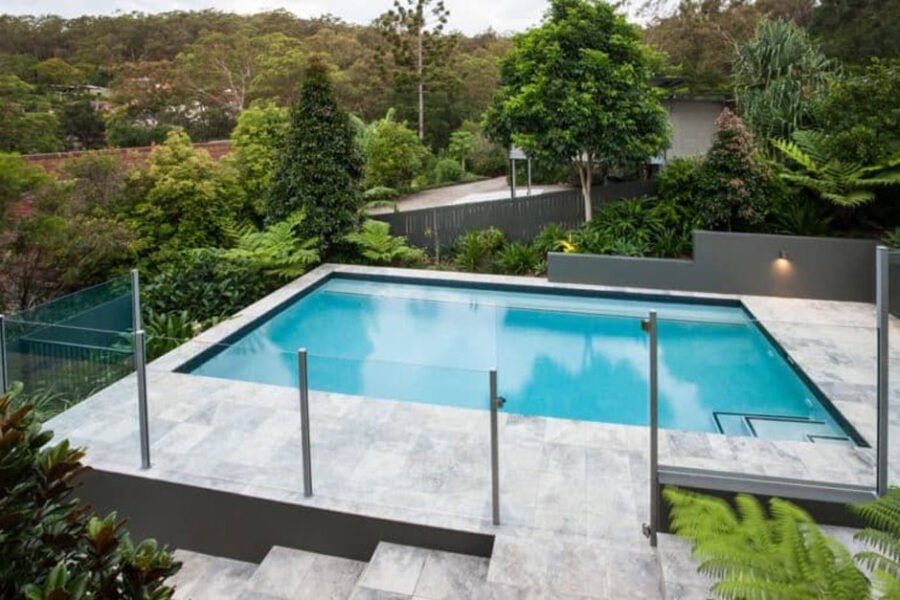Glass fences are elegant and open spaces. These provide security without obstructing views. They are often common in Australian houses. However, extra care and attention must be given when they are installed near electrical systems.
The Importance of Electrical Awareness with Glass Fencing
Glass fencing consists of toughened glass, which is non-conductive. But this does not mean that the surroundings of it are safe. Most fences are erected using metal frames or fittings. This can be dangerous when placed close to active electrical systems.
Key Things to Keep in Mind
Here are a few things to keep in mind:
1. Understand Your Surroundings First
Take a good look at your yard before you begin your installation. Look out to see whether there are power lines or outlets. It is essential to be aware of your surroundings. This will help to prevent destruction and ensure security.
2. Plan the Layout Around Electrical Systems
Be careful not to have electrical equipment too close to the fence. This also involves outdoor lighting, power outlets, or irrigation controls, which are electrically powered. The slightest inaccuracy in positioning may cause dangerous safety hazards or costly repair services.
3. Consult with Licensed Electricians
When there are electrical elements, it is always advisable to call in the experts. The electricians will not just come and check the area. They also advise on the dangers.
They will also assist in ensuring everything is in accordance with local building and electrical codes.
4. Use the Right Materials
You should select materials that are suitable for outdoor use. Good hardware is a must-have. It must be of high quality, but more importantly, it must be rust-proof, particularly in areas prone to electricity and moisture. Metal parts should not be used, or insulated ones should be used to minimize dangers.
5. Know that Water and Electricity Don’t Mix
The weather in Australia changes very fast. Water may pool around electrical points and fence posts when it rains, is humid, or when irrigation is in use. Water is a conductor, and it makes what looks harmless a danger zone. Drainage should be planned. This will ensure that water does not come into contact with the glass fences or electrical systems.
6. Prioritise Maintenance and Long-Term Safety
Ensure that the design allows you to clean or repair the fence. This should be done without touching any electrical wires or sockets. Periodic inspection of the fence helps prevent issues in the future.
7. Always Choose Professional Installers
A professional can’t just manage safety. An expert can also handle materials and compliance. Do not be tempted to do the job yourself to avoid cutting corners when installing the fence. Professionals know how to strike a balance between design and safety. This is true, especially when dealing with proximity to electricity.
In conclusion, a glass fence is a value addition to your house. However, when it is located near electrical systems, ensure you consult experts. Experts will provide you with the right information. This information will ensure you enjoy your stylish outdoor area without fear of electrical hazards.







